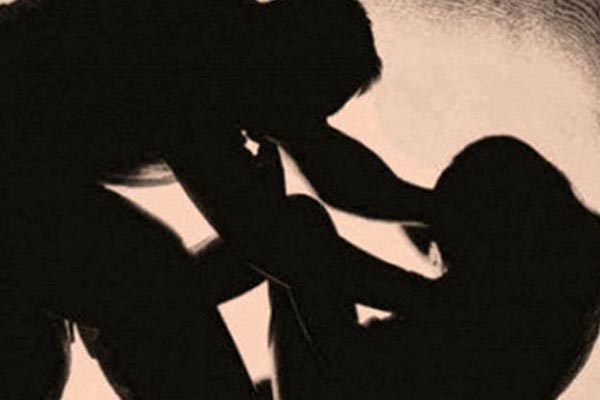Prime
Amplifying voices and ending silence during sexual assault awareness month

What you need to know:
- Ending the silence starts with each one of us taking a stand against sexual violence and working towards a future where such violence is no longer a reality.
As April unfolds, we find ourselves amidst Sexual Assault Awareness Month (SAAM), a crucial time dedicated to shedding light on the pervasive issue of sexual violence and rallying support for fighters.
It is not merely a month for passive acknowledgment but a call to arms, urging us all to take meaningful action in the fight against sexual assault. Sexual assault is a traumatic reality that affects individuals of all ages, genders, and backgrounds.
However, girls are extremely affected due to their vulnerability and societal factors, enduring the heavy burden of shame and disbelief. This reality remains hidden in silence and stigma, amplifying the importance of breaking the cycle of silence and providing unwavering support for survivors, especially girls, as they navigate the path to healing and justice.
According to the World Health Organisation, every year, an estimated 21 million girls aged 15–19 years in developing regions experience pregnancy, with approximately 12 million of them giving birth. Furthermore, the Police Annual Crime Report, released on Wednesday, February 21, 2024, left the nation in shock after revealing that 12,771 girls were defiled, painting a grim picture of the prevalence of sexual violence.
There have been several reported cases of defilement in various parts of the country. According to recent reports of this year, On January 20, 2024, a police officer in Mbale police barracks was arrested for allegedly defiling a 13-year-old girl. On March 1, 2024, a head teacher in Kassanda was arrested for reportedly defiling a 17-year-old former student at Brain Star Secondary School. Additionally, on April 10, 2024, a teacher from St Kizito Nursery and Primary School in Lira City was arrested for allegedly defiling a child.
The law enforcement and judicial systems must prioritise cases of sexual assault and ensure that culprits are held accountable. The recent arrests of individuals involved in sexual crimes are a step in the right direction, but more must be done to address the systemic issues that enable such violence to occur. Furthermore, societal attitudes towards victims of sexual assault need to shift from victim-blaming to providing support and empathy.
The victims of sexual assault often face stigma, shame, and disbelief which can deter them from seeking help, making them face challenges in various areas of life such as education, work, and social interaction.
Furthermore, we should challenge harmful gender norms and stereotypes that contribute to the prevalence of sexual violence. Promoting gender equality and teaching respect for all individuals regardless of gender identity or expression is essential in fostering a culture of consent and mutual respect.
As individuals, we should also contribute to the cause by being active witnesses. If we witness any form of harassment or abuse, speaking up and offering support to the victim can make a significant difference.
By refusing to stay silent, we send a powerful message that sexual violence will not be tolerated in our communities. However, there is also need for the parents to provide sex education to their children, equipping them with accurate information about boundaries, consent, and healthy relationships to ensure that they grow up with the knowledge and confidence to navigate their sexuality safely and eventually reducing instances of sexual assault.
During this Sexual Assault Awareness Month, let us come together to amplify the voices of sexual assault victims, educate our communities, hold culprits accountable, and create a society where everyone feels safe and respected.
Ending the silence starts with each one of us taking a stand against sexual violence and working towards a future where such violence is no longer a reality.
Caroline Kinkuhaire, Advocacy Officer Citizens’ Concern Africa




